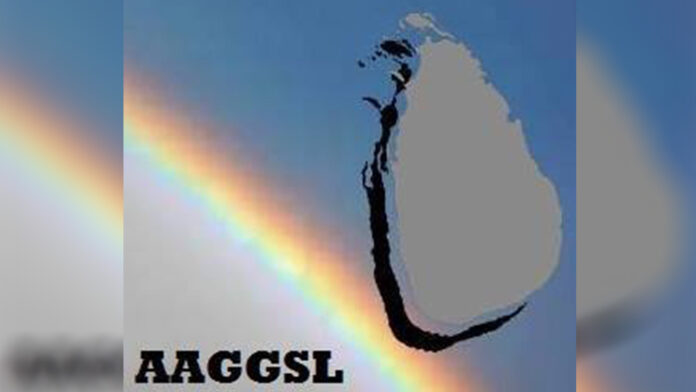The Sri Lankan Parliament is set to consider two significant draft bills this week: the Online Safety Bill (OSB) and the Anti-Terrorism Bill (ATB). These bills have raised concerns from national and international agencies due to their potential implications. Following the ARAGALAYA protests, the Sri Lankan government has severely restricted freedom of assembly and expression, ostensibly to meet austerity requirements set by the International Monetary Fund. However, these measures are unlikely to contribute to economic or political stability.
All governments need to manage hate speech and disinformation. However, the International Covenant on Civil and Political Rights (ICCPR) Act of 2007 was misused by the government and its security agencies as a tool to curb dissent and public debate. The Prevention of Terrorism Act (PTA) and the Bureau of Rehabilitation Act (BRA) were used to curb the human rights of many civil activists. Such misuse does not instil trust and the proposed two acts could be used to abuse the newly gained powers.
The Online Safety Bill aims to regulate online communication, granting wide-ranging powers to the Online Safety Commission and experts. Critics fear it will curtail freedom of information and expression, enabling punishment for views contrary to the government’s stance. The vague definitions in the bill allow for broad interpretations, potentially stifling dissenting voices.
The Bar Association of Sri Lanka (BASL) has asked the OSA to be withdrawn or amended through meaningful consultations with relevant stakeholders as the bills in draft form will have ‘a serious impact on the community’.
Similarly, the Anti-Terrorism Bill, despite claimed revisions, remains contentious. Its vague definition of terrorism, limited judicial oversight, and excessive powers granted to the President are concerning. Detainees can be held for sharing information supporting terrorism, shifting the burden of proof to the accused. Previous laws, like the Prevention of Terrorism Act, were misused, and the new legislation appears to continue this trend, allowing state agencies to exploit these provisions.
Both bills are viewed as tools to suppress opposition, targeting the working class, civil society, and organizations. The Sri Lankan government’s actions, coupled with austerity measures and restructuring of public enterprises, have led to higher unemployment and public discontent. These bills can consolidate dictatorial powers, stifling anti-government opposition and violating fundamental rights and freedoms, including the right to information, dissent, assembly, and peaceful protest.
Australian Advocacy for Good Governance in Sri Lanka (AAGGSL) reiterates its position that the Government has the prime duty and responsibility to enforce the Rule of Law while protecting all fundamental rights and freedoms of the people of Sri Lanka. That includes people’s right to information, dissent, assembly and peaceful protest.
Signed
Dr Lionel Bopage
President, Australian Advocacy for Good Governance in Sri Lanka Melbourne, Australia

